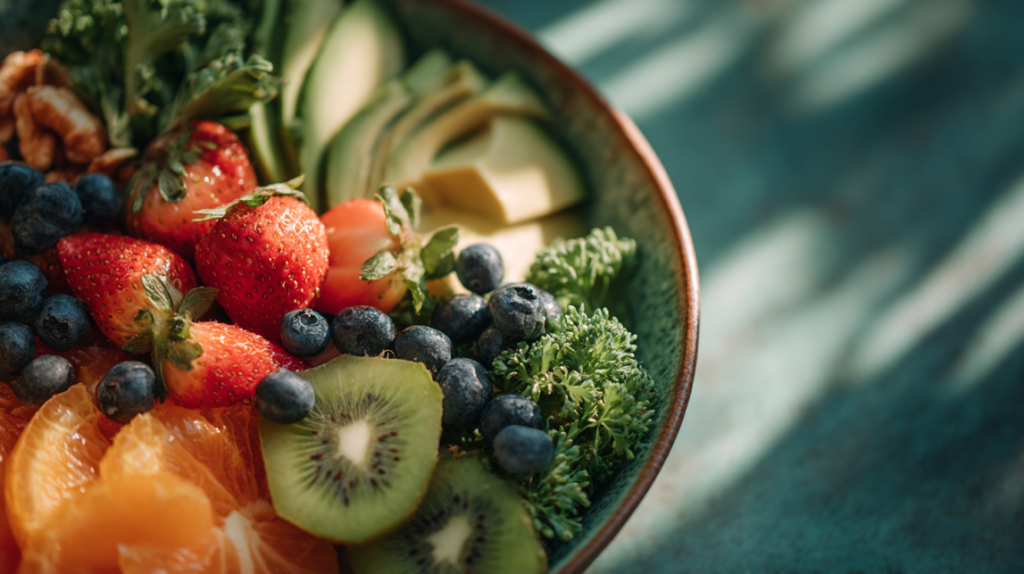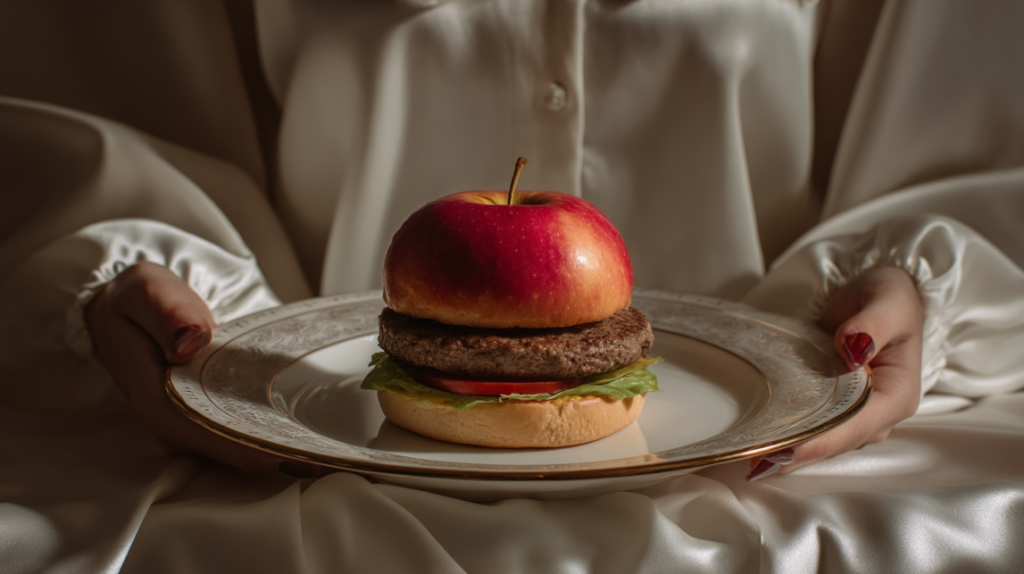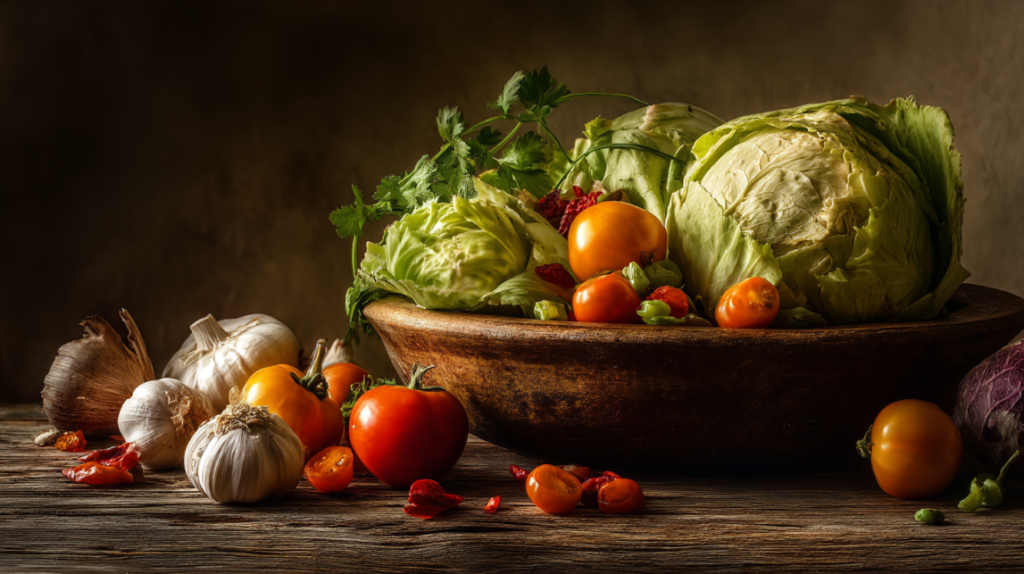Welcome to WeeZful – Your Guide to a Healthier Life! My name is Nyla, and I’m passionate about helping people make smarter food choices for a healthier, happier life. Through my website, I share expert-backed nutrition tips, wholesome recipes, and practical wellness advice to make healthy eating simple, enjoyable, and sustainable. Whether you’re looking to boost your energy, manage your weight, or simply adopt a better lifestyle, you’re in the right place! Today, we’re diving into a crucial topic: How to Develop a Healthy Relationship with Food.
Understanding the Concept of a Healthy Relationship with Food
What Does a Healthy Relationship with Food Mean?
A healthy relationship with food goes beyond just what you eat; it encompasses how you think about food, how you feel when you eat, and how you interact with food in your daily life. It means enjoying food without guilt, recognizing hunger cues, and understanding that food is not just fuel but also a source of joy and connection.
Why Is It Important?
Developing a healthy relationship with food is essential for both physical and mental well-being. It can help prevent disordered eating patterns, promote a balanced diet, and foster a positive body image. When you view food as a friend rather than an enemy, you’re more likely to make choices that nourish your body and soul.

Identifying Unhealthy Patterns
Recognizing Emotional Eating
Emotional eating is when you turn to food for comfort rather than hunger. It’s crucial to identify when you’re eating out of boredom, stress, or sadness. Ask yourself: Are you really hungry, or are you trying to fill an emotional void?
Understanding Diet Culture
Diet culture promotes the idea that certain foods are “”good”” or “”bad,”” leading to guilt and shame around eating. This mindset can create a toxic relationship with food. Recognizing these societal pressures is the first step toward breaking free from them.
Building a Positive Mindset Around Food
Practice Mindful Eating
Mindful eating involves paying full attention to the experience of eating. This means savoring each bite, noticing the flavors and textures, and listening to your body’s hunger signals. Try to eat without distractions, such as TV or smartphones, to fully engage with your meal.
Reframe Your Thoughts
Instead of labeling foods as “”good”” or “”bad,”” try to view them as simply food. This shift in perspective can help reduce guilt and anxiety around eating. Remember, all foods can fit into a balanced diet when enjoyed in moderation.

Nourishing Your Body and Mind
Focus on Nutrient-Dense Foods
While it’s important to enjoy all foods, prioritizing nutrient-dense options can help you feel better physically and mentally. Incorporate plenty of fruits, vegetables, whole grains, and lean proteins into your meals. These foods provide essential vitamins and minerals that support overall health.
Listen to Your Body
Your body is a remarkable communicator. Pay attention to how different foods make you feel. Do you feel energized after a salad, or sluggish after a heavy meal? Learning to listen to your body’s signals can guide you in making healthier choices.
Creating a Balanced Eating Environment
Stock Your Kitchen Wisely
Fill your pantry and fridge with wholesome foods that you enjoy. When healthy options are readily available, you’re more likely to make better choices. Keep a variety of snacks on hand, like nuts, yogurt, or fruits, to satisfy cravings without derailing your goals.
Plan Your Meals
Meal planning can help you stay on track and reduce the temptation to reach for unhealthy options. Set aside time each week to plan your meals and snacks. This not only saves time but also ensures you have nutritious options ready to go.
Cultivating Joy in Eating
Enjoy Cooking and Experimenting
Cooking can be a fun and creative outlet. Experiment with new recipes, try different cuisines, and involve family or friends in the process. The more you enjoy cooking, the more likely you are to prepare healthy meals.
Savor the Experience
When you eat, take the time to truly enjoy your food. Appreciate the flavors, textures, and aromas. This practice can enhance your satisfaction and help you feel more connected to your meals.
Overcoming Challenges
Dealing with Cravings
Cravings are a normal part of eating. Instead of fighting them, acknowledge them. If you crave chocolate, allow yourself a small piece rather than depriving yourself. This approach can help prevent binge eating later on.
Navigating Social Situations
Social gatherings can be challenging for those trying to maintain a healthy relationship with food. Focus on enjoying the company rather than fixating on the food. Remember, it’s okay to indulge occasionally; balance is key.

Seeking Support
Talk to a Professional
If you’re struggling to develop a healthy relationship with food, consider seeking help from a registered dietitian or therapist. They can provide personalized guidance and support tailored to your needs.
Join a Community
Surrounding yourself with like-minded individuals can be incredibly beneficial. Join a support group or online community focused on healthy eating and wellness. Sharing experiences and tips can motivate you on your journey.
Conclusion
Developing a healthy relationship with food is a journey, not a destination. It requires patience, self-compassion, and a willingness to learn. By understanding your eating habits, practicing mindfulness, and nourishing your body with wholesome foods, you can cultivate a positive connection with food that enhances your overall well-being.
Thank you for being here! I truly appreciate your support and interest in leading a healthier lifestyle. If you found this article helpful, please consider sharing it with your friends and family to inspire better food choices. Don’t forget to follow me on Facebook and Instagram for daily nutrition tips, wholesome recipes, and wellness insights. Your engagement means the world to me, and I can’t wait to continue this journey toward better health with you!
FAQs
1. How can I start developing a healthier relationship with food?
Begin by practicing mindful eating, recognizing emotional triggers, and reframing your thoughts about food.
2. What are some signs of an unhealthy relationship with food?
Signs include emotional eating, guilt after eating, and strict dieting behaviors.
3. Can I still enjoy my favorite foods while developing a healthy relationship with food?
Absolutely! Enjoying all foods in moderation is key to a balanced diet and a healthy mindset.
4. How can I manage cravings without feeling guilty?
Acknowledge your cravings and allow yourself to enjoy them in moderation. This can help prevent binge eating.
5. Is it necessary to seek professional help for my relationship with food?
If you’re struggling significantly, a registered dietitian or therapist can provide valuable support and guidance tailored to your needs.

